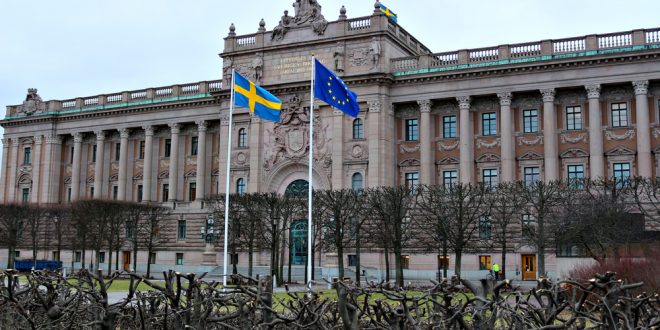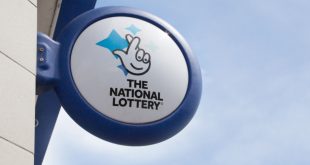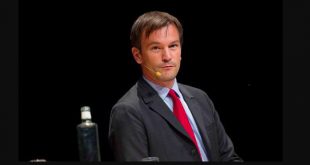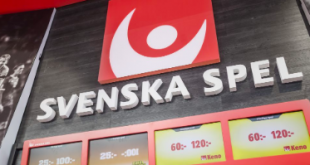Sweden’s government is considering a proposal to increase penalty fees for businesses that breach the country’s Money Laundering Act provisions.
The Minister of Financial Markets, Niklas Wykman, who oversees policy for the Swedish gambling sector, has put forward the proposal.
In a memorandum, the country’s gambling inspectorate, Spelinspektionen, noted that the current arrangement is “unsatisfactory” as “in many cases” violations of the Money Laundering Act “can be considered more serious” than those of the Gambling Act.
Furthermore, alterations regarding telephone sales of gaming services have also been stipulated. Under the new rules, consumers could only participate after accepting a written set of terms. Any agreement that does not follow this protocol would be deemed void.
The proposed changes to the law are slated to enter into force on April 1, 2024.
“An effective system for measures against money laundering is central to countering organised crime. The gaming market is a sector with a high risk of money laundering,” said Wykman.
“The proposal provides better opportunities to combat criminal activity in connection with gambling.”
Swedish gambling is entering a formative period in H2, during which the marketplace will adopt B2B supplier licence fees from July 1.
Further changes will empower Spelinspektionen with the ability to order banks and payment services providers (PSPs) to terminate transactions with unlicensed operators.
Swedish operators have been warned that they will face higher regulatory scrutiny from Spelinspektionen, who have been granted the authority “to purchase services covertly” to improve “the supervision of licensed operators and for better oversight of market activities”.









